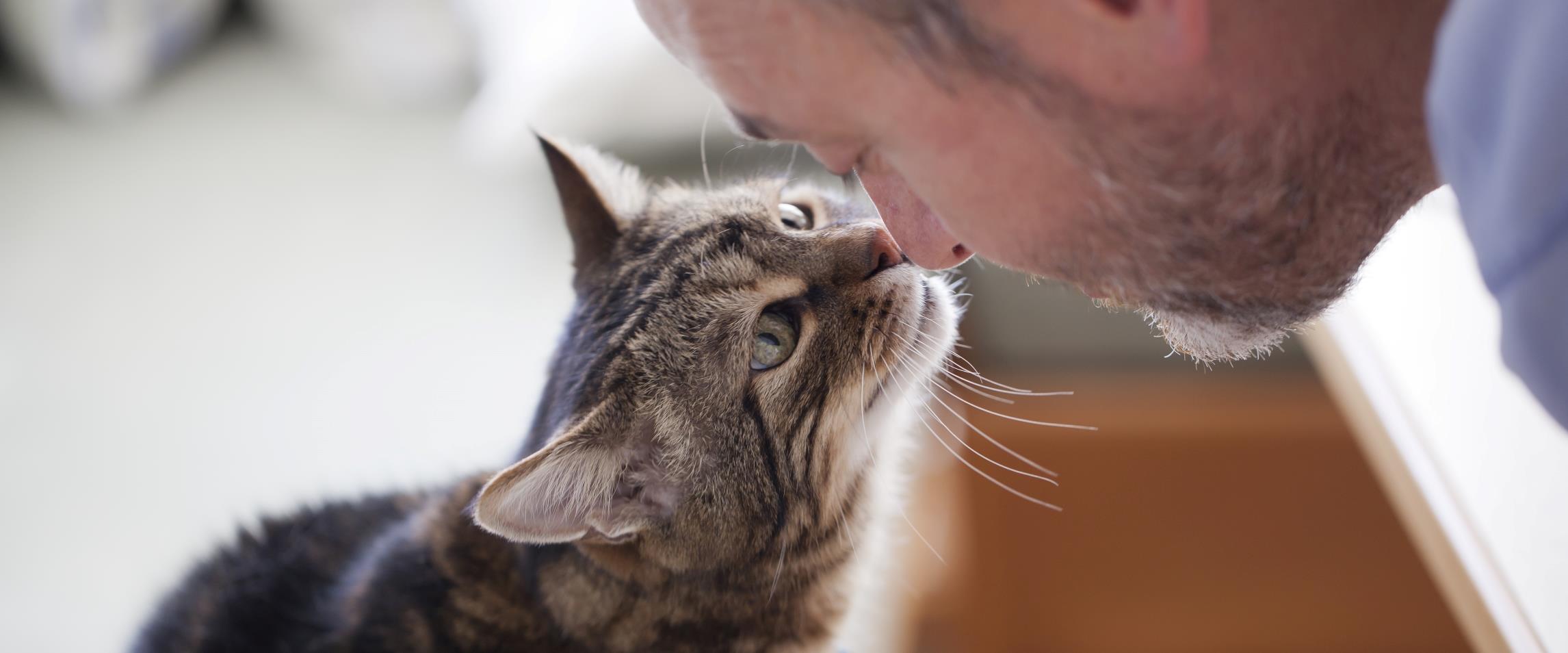What do the kidneys do?
The main function of the kidneys is to clean the blood, removing unwanted byproducts. The kidneys take these byproducts and add them to water to produce urine. The kidneys also manage water levels in the body. If there is too much water in the body then they add more to the urine, too little water and they add less, giving a more concentrated urine.
The kidneys also manage the amount of salts (such as sodium and potassium) in the body by moving smaller or larger amounts into the urine.
Signs of kidney disease
One of the earlier signs of kidney disease is increased thirst. When the kidneys are diseased they are less able to concentrate the urine so need more water to dispose of the byproducts and regulate salts. The difficulty is, cats are not obvious drinkers so their increased drinking can go unnoticed. As the disease progresses other symptoms can include weight loss, weakness, poor appetite and bad breath.
Causes of kidney disease
Generally kidney disease progresses slowly as the body has far more kidney tissue than it needs. This means it can take some time before the signs of disease become obvious. Often the original cause of the problem has long gone before the problem is noticed.
How can nutrition help with kidney disease?
There is no cure for kidney disease but the right diet can help to slow the decline. This is done by feeding diets that reduce the quantity of waste products for the kidneys to remove so making them work less hard. These diets will have lower protein and reduced salt levels. Because these diets have reduced protein levels it is important that the proteins they do have are of excellent quality – what are called proteins of high biological value.






